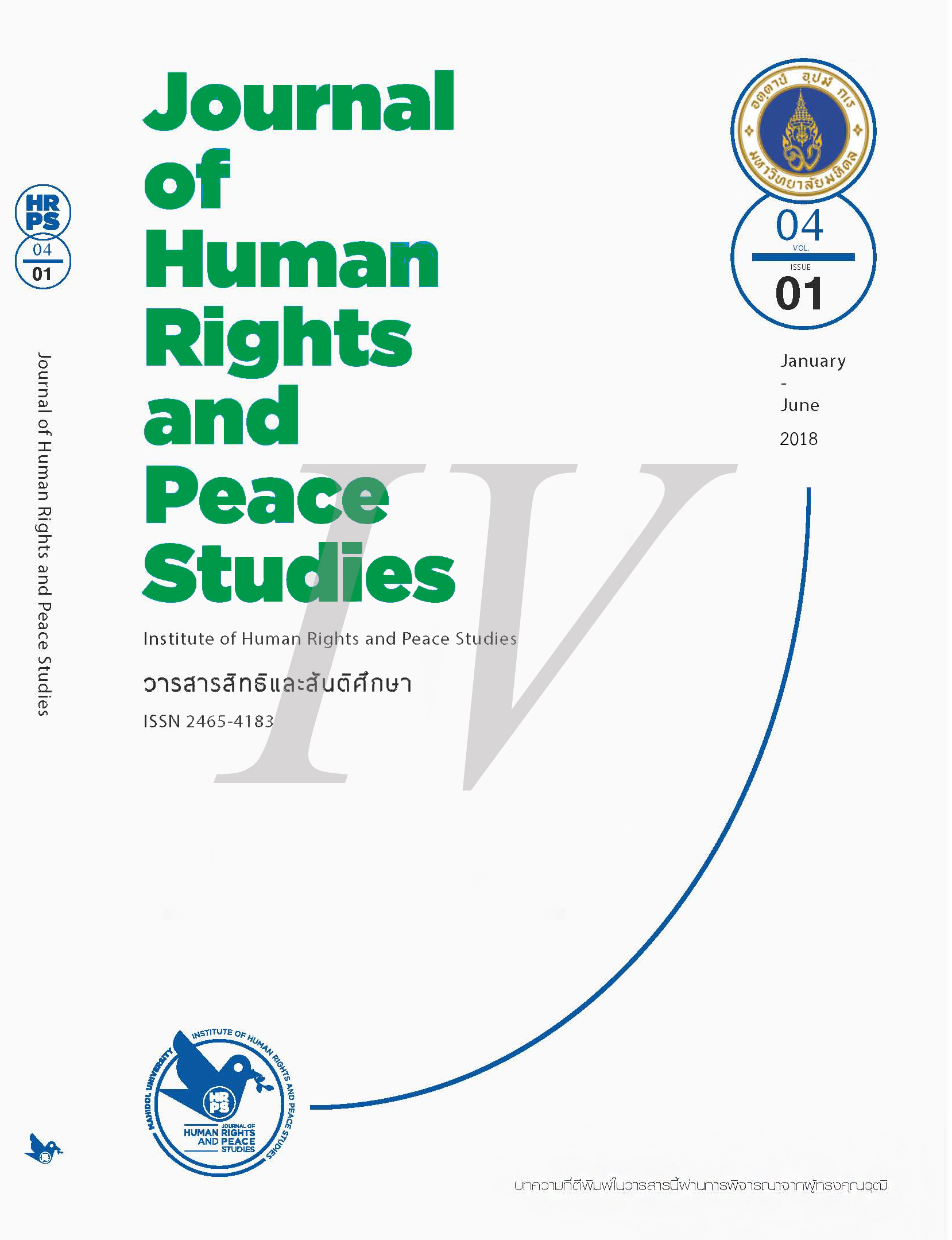Erdoğan’s Turkey: Peace Built on Sand?
Main Article Content
Abstract
Since the inception of the Republic of Turkey, its history has been rife with political conflicts: authoritarian control, military coups, ideological clashes, and unstable coalition governments. Erdoğan’s rise to power in the past 15 years has changed the Turkish political landscape, with Erdoğan being revered by his supporters almost like a neo-Sultan. This article provides a brief historical discussion and discusses the political context of Erdoğan’s rise to power. Given Erdoğan’s majoritarian politics and the resulting socio-economic problems, political division, and radicalization of the insurgency, this paper argues that peace in Turkey may be maintained only in the foreseeable future but the country is susceptible to conflict and political instability in the long run.
Article Details
The views, opinions, and pictures expressed in this journal are those of the authors and do not necessarily reflect the opinions and viewpoints of the editor and the editorial board. All rights are reserved by the authors and the Institute of Human Rights and Peace Studies of Mahidol University. No part of this journal may be reproduced, stored in a retrieval system, or transmitted in any form or by any means without the prior permission in writing from the journal’s editor, or as expressly permitted by law, or under terms agreed with the appropriate reprographics rights organization. Non-commercial use of information in this journal must be properly referenced.


